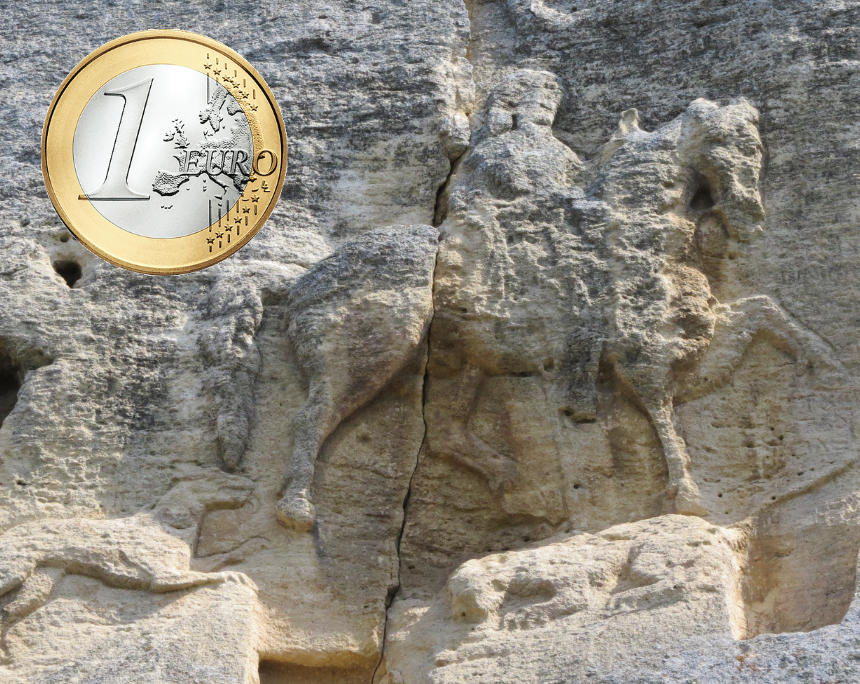I was not aware of this.

 new.coinsweekly.com
new.coinsweekly.com
At the beginning of the year, the Bulgarian Finance Minister Rositsa Velkova announced that Bulgaria would not join the eurozone in January 2024, as had previously been planned. She explained that this was due to excessive inflation and inexistent but necessary laws to fight money laundering and corruption. The political instability of the country would prevent it from adopting such acts, the Finance Minister stated.
In April 2023, a new government was elected for the fifth time within two years. This government is pro-European and, immediately after being elected, proposed a new roadmap for Bulgaria’s introduction of the Euro. This plan suggests for the Euro to be introduced as a parallel currency. This means that a rule that is only applicable to companies right now will be extended to private transactions. The concerned parties will be able to choose the currency they want to pay in. The implementation of this rule requires the approval of the European Central Bank and the European Commission.
If the euro were indeed to be introduced as the sole currency, this would not be possible before January 2025. So far, the Bulgarian National Bank has confirmed this date.
Why Is Bulgaria so Keen to Join the Eurozone?
Bulgaria hopes that its accession to the eurozone will make it easier for the country to tap financial markets and attract more investment. But that is not the only reason.
In Bulgaria, there is a pro-Russian nationalist movement that opposes the European Union. Pro-European parties hope that Bulgaria’s accession to the eurozone will result in an economic upswing. They argue that the advantages of a single financial market will make it harder for pro-Russian parties to turn back the clock.
What Will Bulgarian Euro Coins Look Like?
The Bulgarian National Bank announced in late July 2023 that future euro coins will reproduce the motifs of current lev issues. In this way, the new currency will uphold the tradition of the old one.
According to representatives of the national bank, the inscriptions on the national side of the coins will also be reminiscent of the country’s long monetary history. They are to be written in Bulgarian Cyrillic. All denominations will feature the word “Bulgaria”; 1- and 2-euro coins will show the additional word “euro”. Cent coins will show the Bulgarian word “Stotinka”, which refers to the small monetary unit of the lev currency. The edge inscription of 2-euro coins reads “God save Bulgaria”.
...
By deciding on the motifs of future Bulgarian Euro coins, the country made another step towards joining the currency union. It remains to be seen whether the accession will actually take place in 2025.

Bulgaria and the Euro: the Current Situation - CoinsWeekly %
The plan was for Bulgaria to become a member of the eurozone by January 2024. However, this timeline will not be met. Find out more about the state of negotiations and the motifs that will be depicted on future Bulgarian euro coins.
